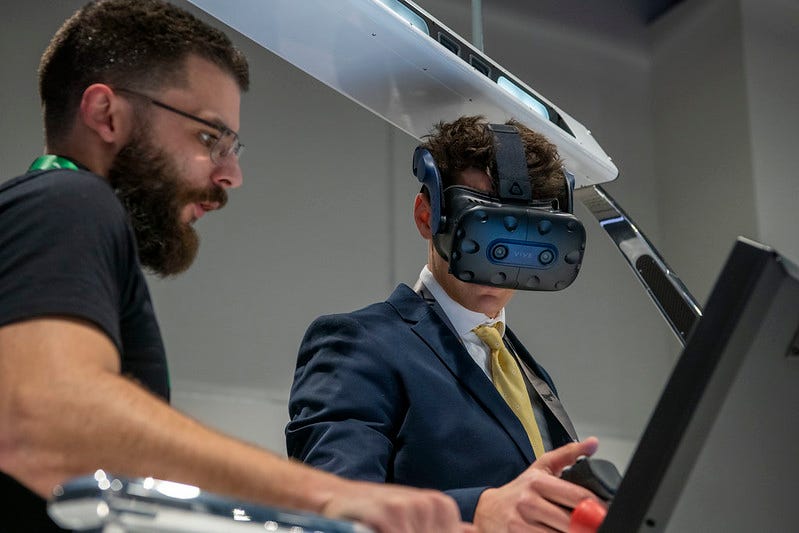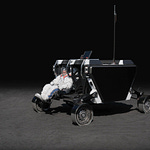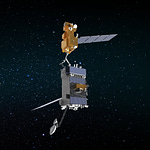What’s in this episode
Jerome Powell, the Federal Bank Reserve Board Chair, said on Wednesday that borrowing rates are going to stay right where they are at a 23-year high. That’s between 5.25% and 5.5%.
In a separate statement the Federal Reserve issued a Federal Open Market Committee statement that said, “In recent months, there has been a lack of further progress toward the Committee's 2 percent inflation objective,” adding later, “The Committee does not expect it will be appropriate to reduce the target range until it has gained greater confidence that inflation is moving sustainably toward 2 percent.”
The mortgage market reacted by increasing rates up to around the 7% mark. So if you’re like me, and shopping for a home, this really bites. It’s also not so good news for space companies in need of capital.
But fear not… This week’s guest says, "for those who can execute, the opportunity is massive and they are going to win". Nevertheless there are a few things to understand about this difficult economic period.
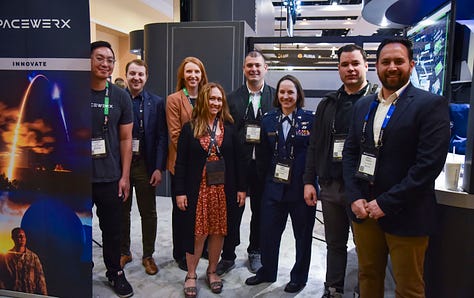
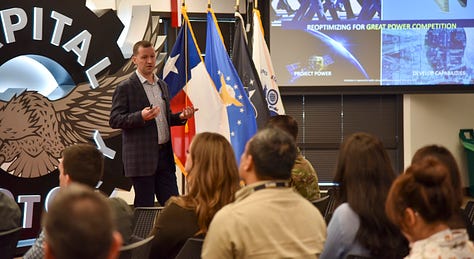
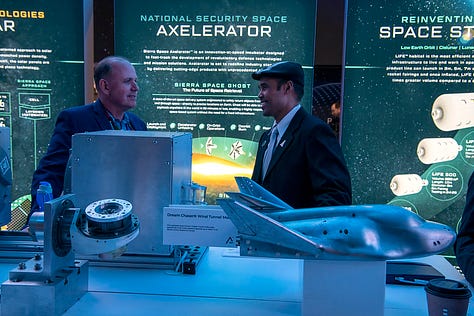
First, if interest rates remain high, that reduces the loan amount, or principal, that space companies can afford to borrow from any kind of lender. That translates into less people and less materiel to do the same space tech developing and innovating.
Second, space-minded investors may feel that parking their cash in a money market account is an easier, safer way to make a profit and remain liquid. The better money market accounts yield more than 5% these days for consumers working with a retail banker. When you are talking millions of dollars, that rate may well go north. Reaping a respectable dependable profit whilst doing not very much is pretty attractive compared to speculative technology development, no matter the industrial sector.
Third, the Department of Defense’s spending power may look like it has grown by 2%, but those ink-on-paper gains have been easily wiped out and reversed by almost as much by core inflation, which does not factor in food and fuel price growth. According to the latest numbers released by the U.S. Bureau of Labor Statistics, “all items less food and energy index rose 3.8 percent over the last 12 months.”
So what will it take to get venture capitalists to invest in new space tech?
Thank you to our generous sponsor, TE Connectivity!
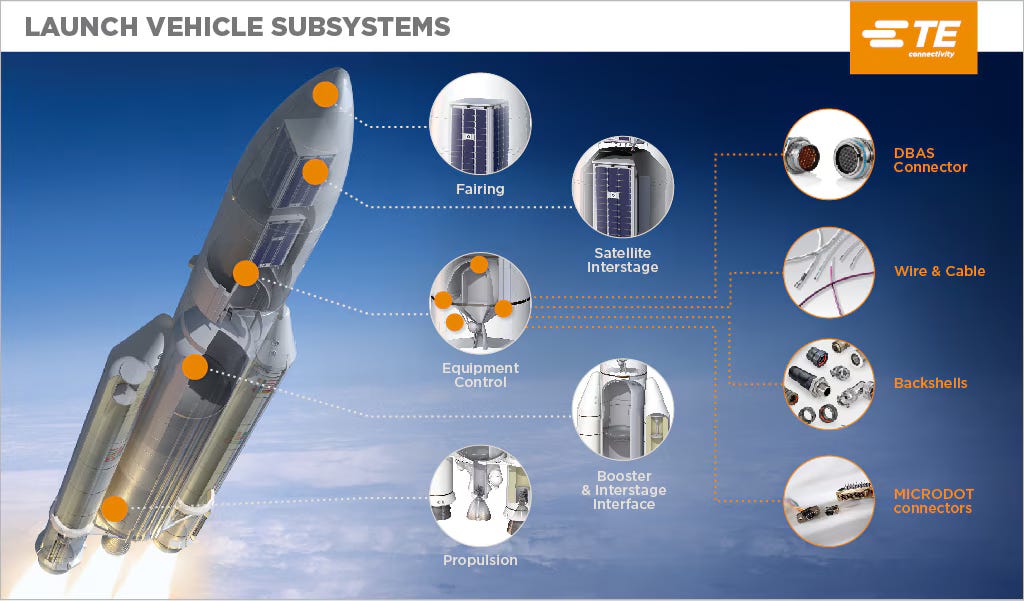
Who’s in this episode
Chad Anderson - Managing Partner at Space Capital, host of “The Space Capital Podcast”, and author of the book “The Space Economy: Capitalize on the Greatest Business Opportunity of Our Lifetime“.
Some interesting reading
“FY25 out-year budget plans can’t support Space Force ambitions: Experts” by Theresa Hitchens of Breaking Defense brings two expert views on what the President’s Budget Request for FY’25 means for the Space Force. Don’t forget, that readiness as well as the fortunes of some space companies rise and fall with the Space Force budget. Hitchens quotes Todd Harrison, who is a leading DoD space budget expert as saying, “The missile warning Tracking Layer and the Transport Layer at some point very soon … should be transitioning from R&D funding into procurement funding. And those constellations, because the satellites will have a notional lifetime of like five years, they will require sustained funding to keep the constellation viable, right?,” he said. “So, where is that? It’s not in the budget request.” Meanwhile, China…
The 8-metric-ton Chang'e-6 lunar probe was launched on Friday, May 3. According to Reuters it, “is tasked with landing in the South Pole-Aitken Basin on the far side of the moon, which perpetually faces away from the Earth, after which it will retrieve and return samples.” To better understand China’s ambitions on the Moon, I strongly recommend “Why Is China Going to the Moon?”, in The Diplomat by The DownLink Podcast regular Namrata Goswami.
Circling back to Todd Harrison, he is now a senior fellow at the American Enterprise Institute. He’s just released a very nifty set of online data tools called the “Space Data Navigator” for those who want to keep up with the metrics. It tracks daily metrics on launches, satellites, and space debris. He’s also publishing a key report tomorrow titled “Building An Enduring Advantage In The Third Space Age”. So keep your eyes peeled.
Boeing’s woes are the nasty gift that keeps on giving. As CBS News’s William Harwood writes in “Booster valve glitch derails first crewed launch of Boeing's Starliner spacecraft”, the scheduled launch of the first crewed test flight to the International Space Station was scrubbed two hours before liftoff. “It was a frustrating disappointment for commander Barry "Butch" Wilmore and co-pilot Sunita Williams, who were in the process of strapping in for launch when the scrub was announced.” The second attempt is scheduled for 9 p.m. EDT Friday.
If you think you have a space and defense story, email me at lwinter@defaeroreport.com.
If your organization is interested in sponsoring The DownLink Podcast, Katie Tapplet would love to hear from you at ktaplett@defaeroreport.com.
Have a great week!
Ad Astra!
Laura




